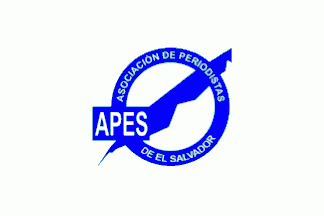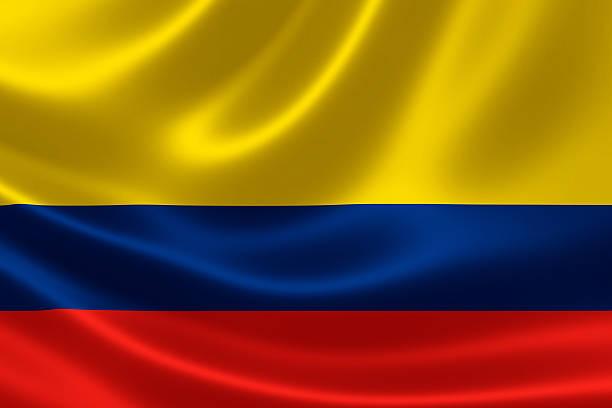Right-wing death squads worked side by side with the country’s business, military and political elite to sow terror in the countryside and wipe out left-wing insurgencies. Now on trial, a formed high-ranking paramilitary commander testifies that paramilitaries regularly took orders from state institutions as it became the state military's unofficial arm to fight the left-wing revolutionary forces.
The armed conflict has been waged in Colombia for the past six decades. The main actors in the armed struggle that has cost the lives of at least 450,000 people and displaced millions are: 1) left wing revolutionary forces (FARC, ELN), 2) Colombia's official military, and 3) paramilitaries (such as United Self-Defense Forces of Colombia , or AUC). Originally the AUC was founded as an effort to protect land owners but turned into one of Colombia's most powerful drug cartels with a military force of 20,000 combatants in its height. In 2004 a controversial deal between the AUC and the Colombian government led to a large majority of fighters laying down their weapons and later the beginning of a process of prosecution of military leaders.
One of these high ranking AUC leaders now facing legal prosecution is Salvatore Mancuso, drug offender and former second in command of the AUC. In 2008 Mancuso was first arrested on drugs charges in the USA in 2008 and released in 2020. Today Mancuso is charged again by a Colombian court for his role in the Colombian civil war. Mancuso, in an effort to reduce his sentence, has agreed to give a testimony in the ongoing peace tribunal for the crimes committed by AUC forces during the their time of terror.
In his testimony Mancuso has revealed information on many of the crimes committed, as well as government and the AUC cooperation during the civil war. According to Mancuso's testimony, the AUC worked hand in hand with the Colombian business, political and military elite for years in an effort to wipe out leftist groups no matter if civilian or militant. Mancuso stated that over the years, the AUC regularly took orders from state institutions as it became the state military's unofficial arm to fight the Revolutionary Armed Forces of Colombia (FARC) and the National Liberation Army (ELN). During its most active years, the AUC committed hundreds of atrocities, including a number of massacres of civilians, torture, rape and kidnapping by order of the state. In the hearing, Mancuso admitted organizing thousands of crimes, including the killing of TV-comedian and activist Jaime Garzon in 1998, attacks on civilian communities, and an assassination attempt on Gustavo Petro, who was then a left-wing congressman and now the country’s president. During his time as second in command, Mancuso was deeply involved with corporate enterprises and Colombian politics. At his height in 2004, Mancuso even gave a speech in the Colombian parliament which was applauded with standing ovations. But this high regard didn't come out of nowhere. One year earlier in 2003, AUC forces killed Eudaldo Díaz, the mayor of El Roble; according to Mancuso, the assassination was ordered by the government. Shortly prior to this, Álvaro Uribe (then president of Colombia) removed security detail from the mayor, a move that allowed AUC mercenaries to attack, torture and eventually kill him.
Mancuso additionally stated in his testimony that former vice-president Francisco Santos requested the formation of a new AUC unit around the city of Bogotá to stop left-wing rebels from reaching the capital. Both Uribe and Santos deny the accusations made by Mancuso.
In his testimony Mancuso also talked about the financing, training and equipping of the AUC paramilitaries and the strategic cooperation with the Colombian military. According to this, AUC forces were financed by international corporations like Coke and Drummond during the 1990s. Like Uribe and Santos, all companies deny these alligations. Mancuso avowed that AUC fighters were trained and equipped by the state military, as well as admitting the planning of two-front-offensives together. Many of these offensives and attacks by AUC ended in massacres, which were regularly wiped under the carpet thanks to state attorneys warning the AUC about upcoming investigations, so bodies could be burned.
Mancuso has 30 days to present evidence for his accusations, which could lead to investigations into some of Colombia's most important political figures. Additionally these investigations could advance the search for truth and the goal of providing reparations for the victims.
Today AUC lives on in a number of splinter groups and drug cartels and still bring terror over the country. The largest still active splinter group is the Gulf Clan (Clan del Golfo), Colombia's largest drug cartel.
In our eyes this struggle for justice is far from resolved but as unsettling as these allegations are, it does not come unexpected. We hope that this testimony will shed some light onto the dark web of war and violence. It is also important that Mancuso's testimony does not put him into a state of impunity. He should be duly punished for his human rights crimes.




